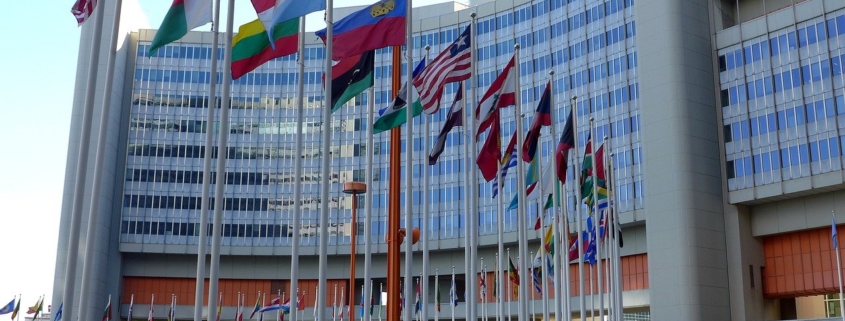WION Global Summit 2022: Now, wars are being fought in cyberspace, says Supa Mandiwanzira
Supa Mandiwanzira, former minister of ICT & cyber security, Zimbabwe, speaking at the WION Global Summit said “in the world of the internet somebody sitting in London can announce the election results, you can’t control it”.
“The process of making laws is very bureaucratic, it can never be ahead of technology,” Zimbabwe’s former minister of ICT & cyber security said during the session on digital warfare.
Also Read: WION Global Summit 2022: Cyber war is a new war, says Barakat Alkindi
“The reality is that the politicians are understanding the risks when it comes to their power. Cyber security is right at the bottom of the list.”
“For as long we weaponise the internet, the fear is we will go back to an age where nobody cares. You cannot allow a few countries to invest and run the technology,” Mandiwanzira asserted.
Watch | WION Global Summit 2022: Is Ukraine caught in a frozen conflict?
“Wars have always been fought on land, air, sea and space. Now, wars are being fought in cyberspace, you are in a sense legitimising cyber attacks,” he added.
WATCH WION LIVE HERE


